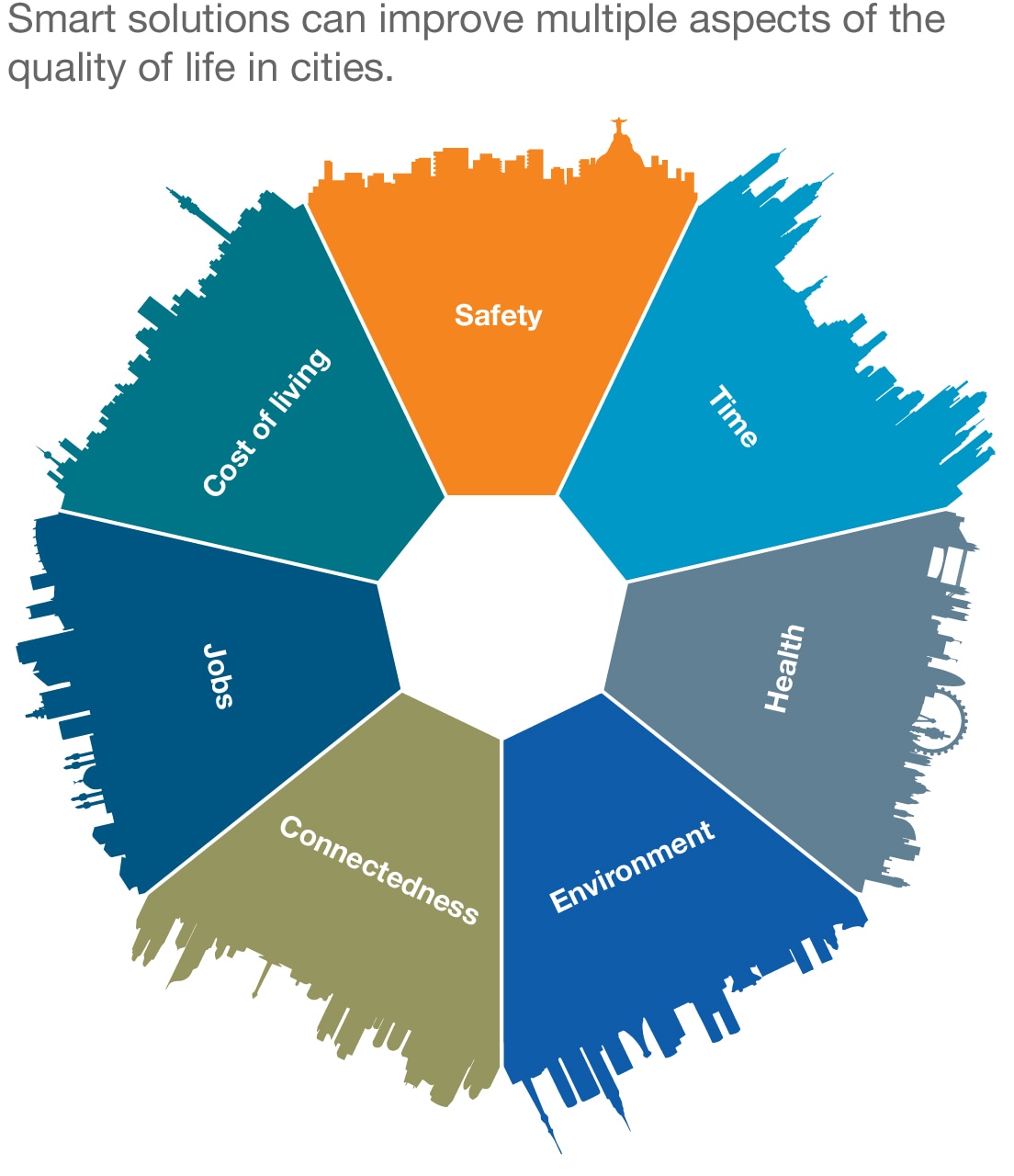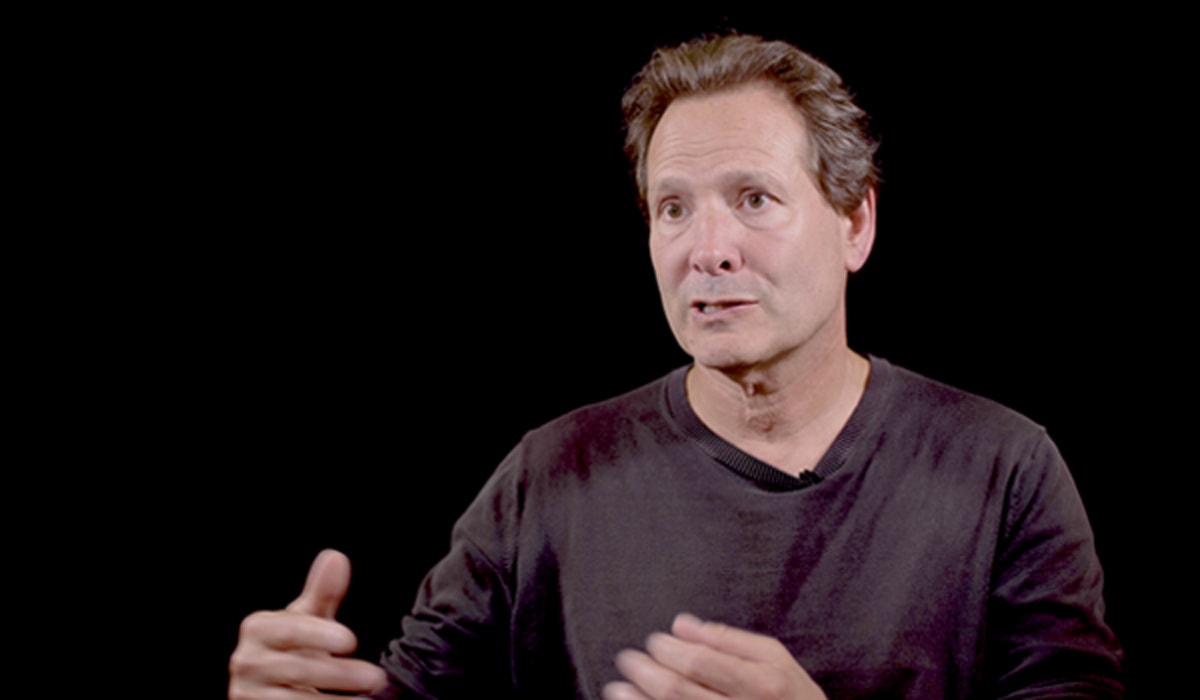| Plus, what to do with 30 trillion unspent frequent-flier miles |
 |
October 19, 2018 |
|
 |
| Weekly need-to-know content |
|
|
|
|
| Welcome to the Shortlist: new ideas on timely topics, plus a few insights into our people. Subscribe to get it in your inbox on Fridays. Scroll down to see what Lutz Goedde, a senior partner and leader of McKinsey’s work in agriculture and food, is reading. |
|
|
|
| This week we offer a snapshot of one of the world’s most vibrant nations: India. Its economy, cooking along by most measures, is expected to jump to third largest by 2030, behind the United States and China. Let’s look at just a few interlocking trends in agriculture, urbanization, and mobility that could affect Indians’ quality of life—as well as the global economy and environment—for decades to come. |
| India’s determined pursuit of agricultural self-sufficiency has created a high-growth farming sector. Yet its farmers face a host of challenges, including excessive stress on soil and water, inefficient supply chains, and limited exposure to high-productivity practices. Add to that extreme weather volatility, rising food demand, and—last but not least—stagnant farmer incomes, and you can see why India started to rethink its approach. |
| The government is shifting its emphasis from farm output to improving farmers’ incomes, with the goal of doubling the latter by 2022. The hope is that more profitable farmers will invest in mechanized techniques that use resources more efficiently, building a kind of virtuous circle. |
| Agriculture is obviously a crucial industry in a country that has seen a fourfold growth in its middle class in the past decade. As important, about 200 million people are expected to move from rural areas to the country’s urban centers in the next 15 years. |
| The government’s Smart Cities Mission is trying to address the challenges of adequate housing, pollution controls, and transport. For urban centers struggling to keep up with citizens’ most basic needs, refashioning themselves as smart cities might seem counterintuitive. But the right effort can strengthen sustainability, resource productivity, economic development, and job creation, as well as get basic core infrastructure right to improve widespread quality of life. |
| The McKinsey Global Institute has found that smart technologies can improve some key quality-of-life indicators by 10 to 30 percent (click on the image below to explore an interactive). |
 |
| Long-term mobility solutions have also become more important. India is expected to emerge as the world’s third-largest passenger-vehicle market by 2021. The country presents many of the same opportunities and challenges as other big auto markets, on an accelerated timetable: the government is working on incentives for drivers who scrap polluting old cars and trucks, and it’s fast-tracking its pursuit of cleaner vehicles. By 2020, India is due to implement emissions standards equivalent to those in Europe now. |
| The government is also rolling out tax incentives for buying electric vehicles (EVs). Though electric-car penetration is well behind that of China, Europe, and the United States, EVs could account for one-quarter to one-third of luxury cars, buses, and small motorcycles on the roads in 2030, according to experts polled by the McKinsey Center for Future Mobility. For an increasingly urban populace, shared mobility is on the horizon. So are autonomous vehicles. Given the chaos on some of the country’s roads—home to 12 percent of the world’s traffic fatalities—self-driving cars could resolve some of India’s road-safety challenges. |
|
|
 |
| Interview |
| Taking a walk in the customer’s shoes |
| PayPal CEO Dan Schulman says the company is using data to help more people gain access to the digital economy. “Banking deserts occur where the median income of the neighborhood is less than the national average,” Schulman told McKinsey. “By definition, we were starting to lend to minority-owned businesses, women-owned businesses. They could not have gotten those loans were it not for PayPal. There wasn’t another alternative.” |
|
|
| MORE ON MCKINSEY.COM |
| Unspent: 30 trillion frequent-flier miles | Airline customer-loyalty programs were supposed to create … loyalty. But because outstanding balances are so much harder to redeem now, the plans risk alienating customers instead. That’s why airlines need a new approach. |
| Why data culture matters | You can’t import data culture and you can’t impose it. Develop it by moving beyond specialists and skunkworks, following these seven takeaways from our conversations with leading executives. |
| The pros and cons of outsourcing | Companies in the energy and materials industries must balance the classic advantages of outsourcing a segment of the value chain with the new realities of shutting down their strategic options if a supplier becomes too powerful. |
|
|
| WHAT WE’RE READING | Lutz Goedde |
|
| Dr. Lutz Goedde is the global leader of McKinsey’s work in agriculture and food. Before joining McKinsey, he helped build the agricultural-development program at the Bill & Melinda Gates Foundation. Lutz is based in Denver, where he enjoys skiing and mountain biking. |
|
|
|
| Howard G. Buffett’s 40 Chances: Finding Hope in a Hungry World is a book that should appeal to agriculture experts and general readers alike. The author’s father, the investor Warren Buffett, granted him $3 billion to use for a philanthropic cause of his choosing. Howard, a farmer himself, chose global food sustainability and gave himself 40 years to help make that goal a reality. I had the privilege of getting to know both Howard and Warren during my time at the Bill & Melinda Gates Foundation. |
| Buffett offers personal stories about his global travels to areas suffering from a lack of available and affordable food. Poor soil conditions are a huge factor, but so are leadership issues, the effects of war or local conflict, and a lack of technology and infrastructure, he writes. |
| For more personal picks, I love the Norwegian writer Jo Nesbo’s Harry Hole crime thrillers. Hole (pronounced Hol-lea), an Oslo police detective, is a deeply flawed character whose talent lies in obsessively pursuing murder cases, at great personal cost. |
| I’m also a huge fan of fantasy literature, starting with J. R. R. Tolkien’s The Lord of the Rings trilogy, which I have probably read ten times (initially in German as a teenager, later in Spanish, and eventually in English). Tolkien created such a fascinating, complex world that I always find something I hadn’t noticed before. Over the years about 500 fantasy books physically accumulated in my library, and I recently decided to donate them all and start from scratch as a digital reader. |
| And finally, sometimes I like to wind down with YouTube channels for mountain-bike and skiing obsessives. Two of my favorites are Seth’s Bike Hacks, where I can watch videos like “How to overcome fear and ride scary lines,” and Skills with Phil, which offers tutorials like “Let’s build a backyard bike jump!” Check them out—you may end up buying a bike yourself. |
|
|
|
| BACKTALK |
| Have feedback or ideas? We want to hear from you. |
|
|
|
|
| |